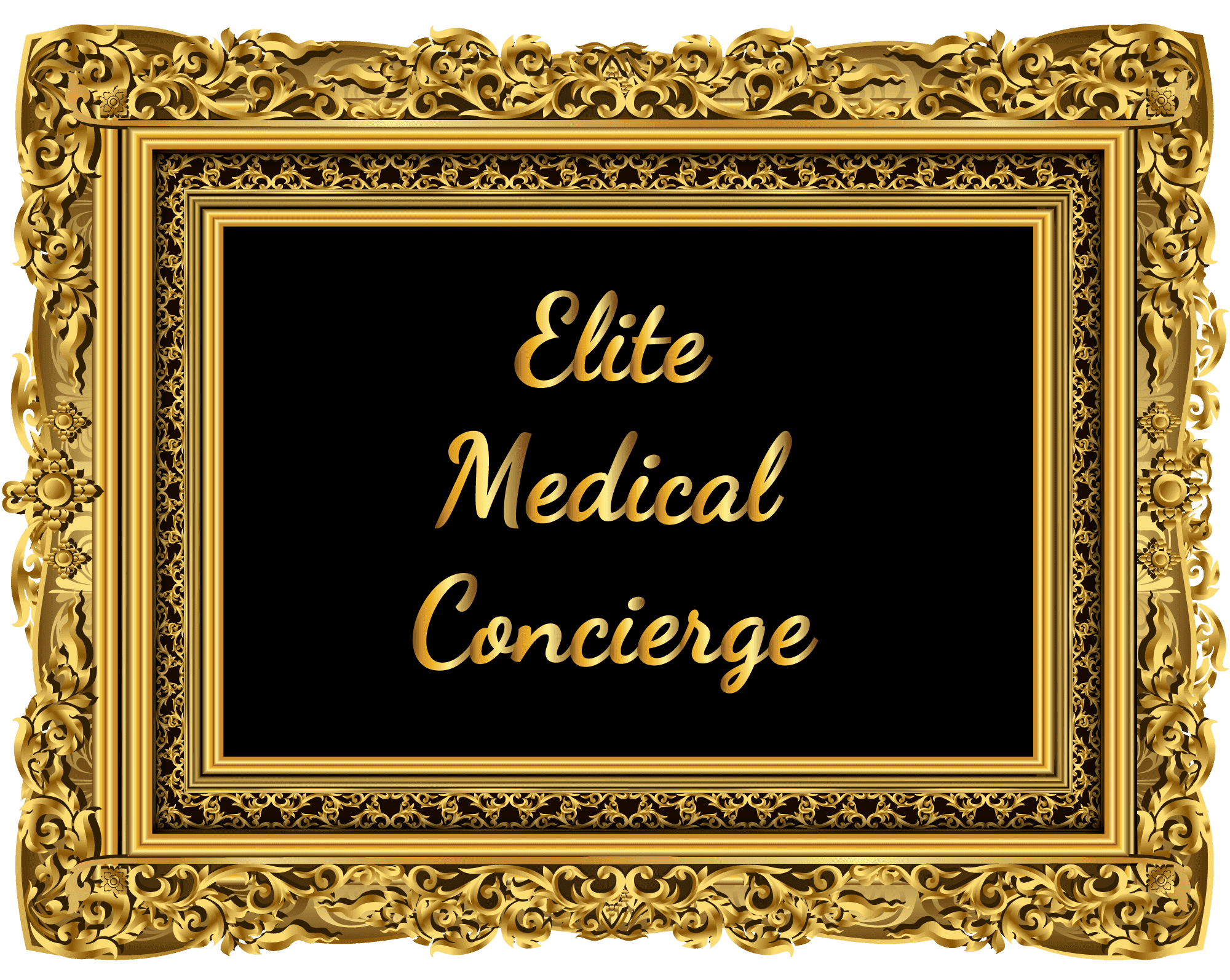Functional Medicine vs. Conventional Care: Finding and Fixing Root Causes
In the ever-evolving landscape of healthcare, the debate between Functional Medicine and Conventional Care has gained significant traction. Both approaches aim to improve health outcomes, but they differ fundamentally in their philosophies and methodologies. Understanding these differences can empower patients to make informed decisions about their health and wellness journey.
What is Functional Medicine?
Functional Medicine is a patient-centered approach that seeks to identify and address the root causes of diseases rather than merely treating symptoms. This model emphasizes the importance of understanding the individual as a whole, considering factors such as genetics, environment, and lifestyle. By focusing on the underlying issues, Functional Medicine aims to create a more sustainable path to health and wellness.- Holistic Approach: Functional Medicine practitioners look at the interconnectedness of bodily systems, recognizing that imbalances in one area can affect overall health.
- Personalized Treatment: Treatments are tailored to the individual, often involving lifestyle changes, nutrition, and supplements that cater to specific health needs.
- Focus on Prevention: Emphasis is placed on preventing disease through proactive health management, encouraging patients to adopt healthier habits before issues arise.
What is Conventional Care?
Conventional Care, often referred to as Western medicine, primarily focuses on diagnosing and treating diseases using established medical protocols. This approach typically involves medications, surgeries, and other interventions aimed at alleviating symptoms. While effective in many cases, it may not always address the underlying causes of health issues.- Symptom Management: The primary goal is to relieve symptoms and manage diseases, often leading to a focus on short-term solutions.
- Standardized Protocols: Treatments are based on clinical guidelines and research, which can provide a reliable framework for care.
- Specialization: Healthcare providers often specialize in specific areas, leading to a segmented view of health that may overlook the interconnectedness of bodily systems.
Key Differences Between Functional Medicine and Conventional Care
While both approaches have their merits, several key differences set them apart, influencing how patients experience their healthcare:- Approach to Diagnosis: Functional Medicine seeks to uncover underlying issues through comprehensive testing and patient history, while Conventional Care often focuses on immediate symptoms and quick diagnoses.
- Treatment Methods: Functional Medicine may utilize natural therapies, lifestyle modifications, and nutritional support, whereas Conventional Care typically relies on pharmaceuticals and surgical interventions.
- Patient Involvement: Functional Medicine encourages active patient participation in their health journey, fostering a collaborative relationship, while Conventional Care can sometimes be more passive, with patients following prescribed treatments without much input.
Finding the Right Balance
Choosing between Functional Medicine and Conventional Care doesn't have to be an either-or decision. Many patients find that a combination of both approaches works best for their unique health needs. Integrating the strengths of each can lead to a more comprehensive and effective healthcare experience.- Consultation: Speak with healthcare providers from both fields to understand their perspectives and how they can complement each other.
- Research: Look into studies and patient testimonials to gauge the effectiveness of various treatments and approaches.
- Trial and Error: Be open to trying different approaches to see what resonates with your body, as individual responses to treatment can vary widely.
Conclusion
Ultimately, the choice between Functional Medicine and Conventional Care should be guided by personal health goals and preferences. By understanding the strengths and limitations of each approach, patients can take proactive steps toward achieving optimal health and well-being. Embracing a personalized healthcare strategy that incorporates elements from both paradigms may lead to more satisfying and effective health outcomes.
A Deeper Look at Personalized Health Management Plans and Preventive Care Through Concierge Services
Discover how personalized health management plans through concierge services can transform your healthcare experience, enhancing preventive care and improving patient outcomes tailored just for you.










